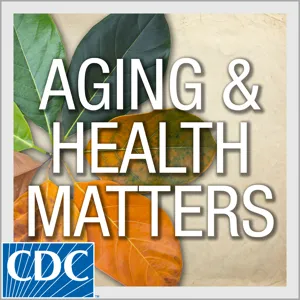Prevalence of Arthritis Among Adult Caregivers

While caregiving provides numerous benefits, it can negatively affect caregivers' mental and physical health because caregivers often provide care while neglecting their own health care needs. A recent CDC study found that nearly 1 in 5 caregivers report fair or poor health; almost 2 in 5 caregivers have at least two chronic diseases; and 1 in 8 caregivers aged 45 or older self-reported worsening memory loss.
Aging and Health Matters
enSeptember 07, 2023